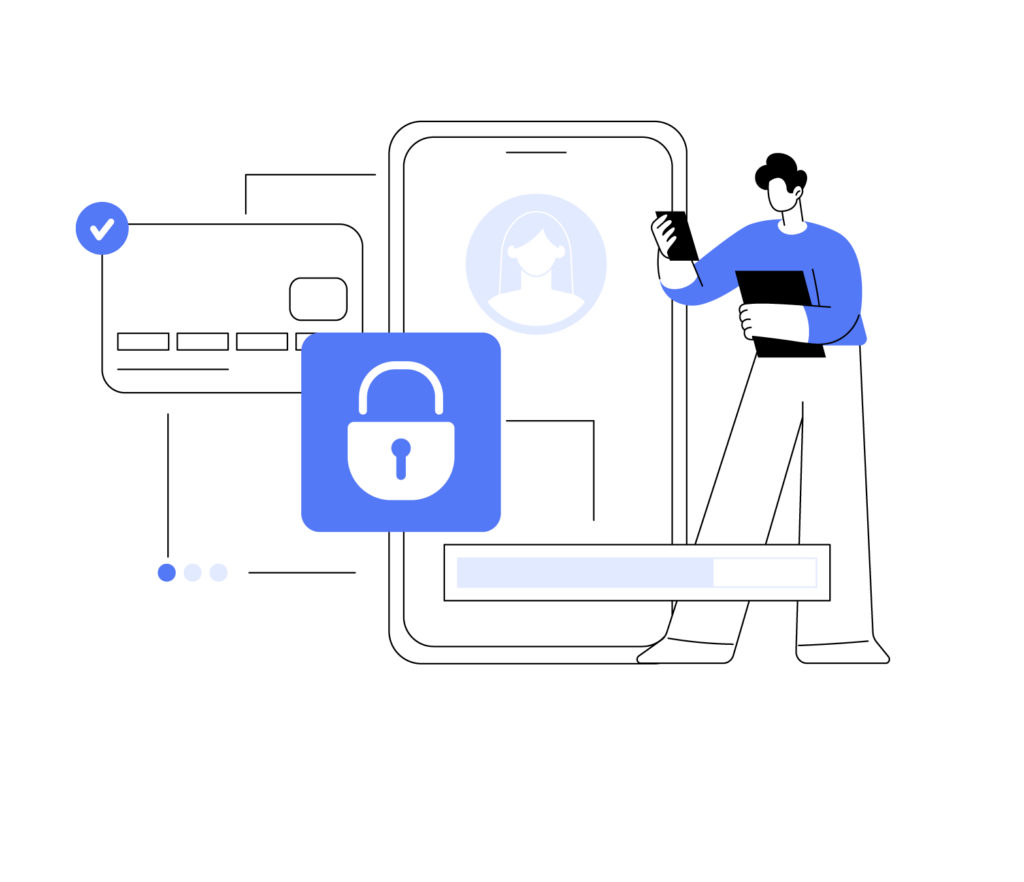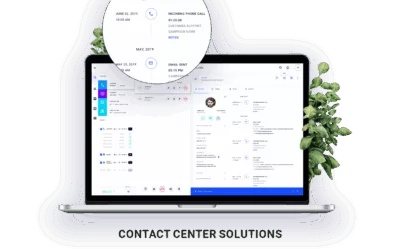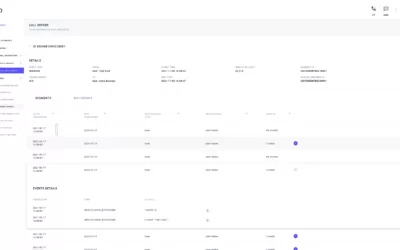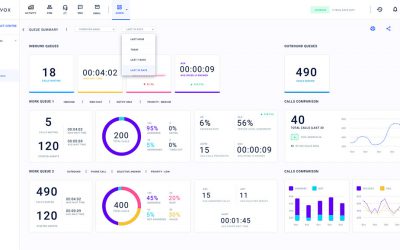In today’s digital world, call centers manage vast amounts of sensitive customer data. Because of this, security must be a top priority. Cyber threats, data breaches, and compliance violations can put both customer trust and company reputation at risk. Therefore, to ensure robust call center security, businesses must implement advanced protection measures, comply with strict regulations, and train employees to recognize potential threats.
Why Call Center Security Matters
Call centers store and process personal details such as credit card numbers, addresses, and social security numbers. A single breach, however, can lead to financial losses, identity theft, and regulatory fines. To prevent these risks, organizations must establish a multi-layered security strategy.
Common Security Threats in Call Centers
Understanding potential risks is the first step toward improving call center security. Below are some of the most common threats:
1. Phishing Attacks
Cybercriminals often use deceptive emails or messages to trick agents into revealing sensitive information. As a result, employees must be trained to recognize suspicious requests and avoid clicking on unknown links.
2. Insider Threats
Disgruntled employees or negligent staff members can expose data, either intentionally or accidentally. For this reason, strict access controls and monitoring systems are necessary to reduce the likelihood of insider breaches.
3. Social Engineering
Hackers frequently impersonate customers or executives to manipulate agents into sharing confidential details. To counter this, a strong verification process can prevent unauthorized access.
4. Unsecured Networks
Call centers that rely on outdated systems or unsecured internet connections are more vulnerable to cyberattacks. Therefore, encrypting communications and securing networks is essential to prevent unauthorized interceptions.
Best Practices for Call Center Security
To maintain a secure environment, businesses should adopt these essential security practices:
Implement Strong Authentication Measures
Multi-factor authentication (MFA) ensures that only authorized personnel can access sensitive systems. Additionally, password policies should require complex combinations and regular updates.
Encrypt Data and Communications
Data encryption protects customer information during both transmission and storage. Furthermore, secure communication channels like VPNs and encrypted VoIP calls can significantly enhance security.
Monitor and Audit Access Regularly
Access logs and real-time monitoring help detect unusual activities. More importantly, automated alerts can notify security teams of potential threats before they escalate.
Provide Ongoing Security Training
Employees must be educated about cybersecurity risks and the safe handling of customer data. That’s why regular training sessions are crucial in keeping agents updated on the latest threats.
Follow Regulatory Compliance Standards
Adhering to industry regulations such as PCI DSS, GDPR, and HIPAA is essential for maintaining data security. Moreover, these standards outline best practices for handling and protecting customer information.
Future Trends in Call Center Security
As technology evolves, call centers must stay ahead of emerging threats. Artificial intelligence (AI) and machine learning, for instance, can help detect fraudulent activities in real time. Additionally, biometric authentication, such as voice recognition, is becoming a more secure alternative to traditional passwords.
Strengthen Your Call Center Security Today
Protecting customer data should be a top priority for every call center. By implementing robust security measures, staying compliant with regulations, and training employees effectively, businesses can safeguard sensitive information and maintain customer trust.
Contact Us
Need expert guidance on enhancing call center security? Our team can help you implement cutting-edge security solutions. Get in touch today to protect your business and customers!



